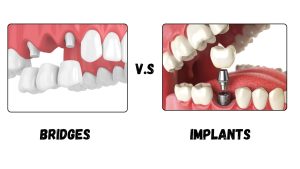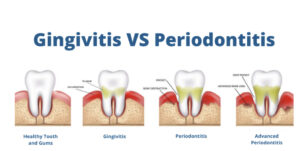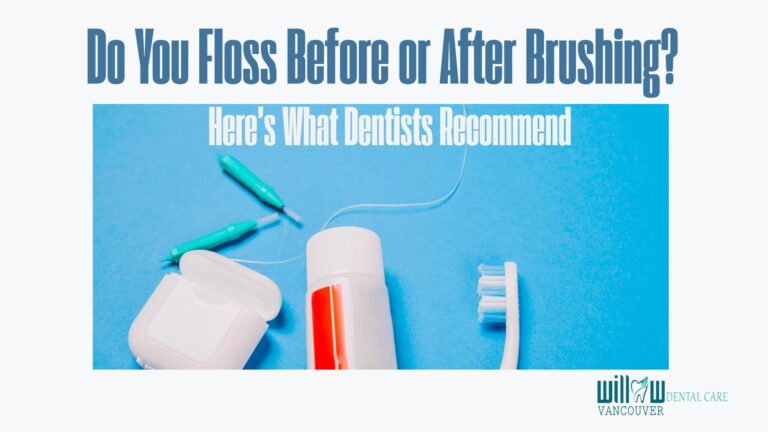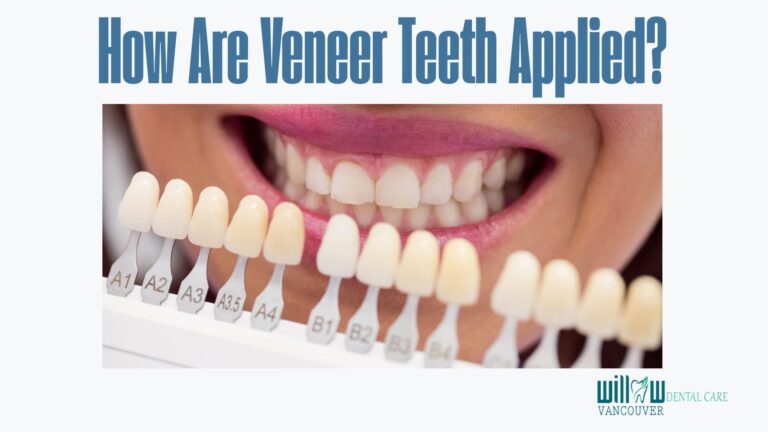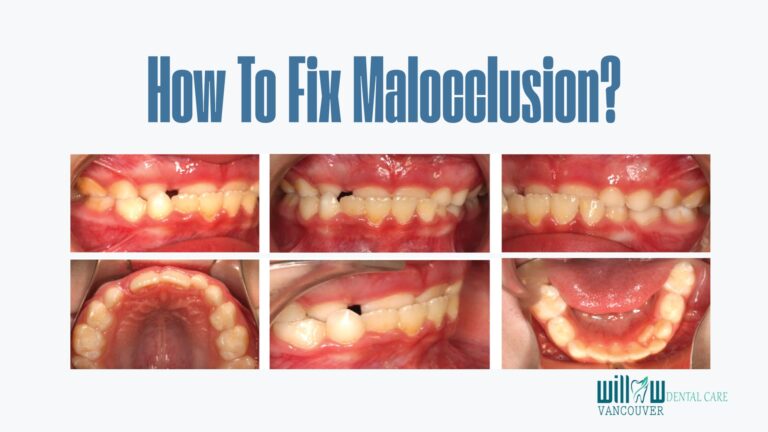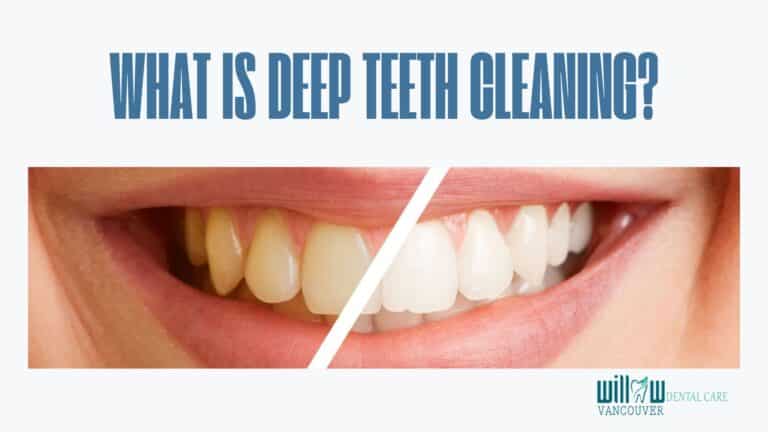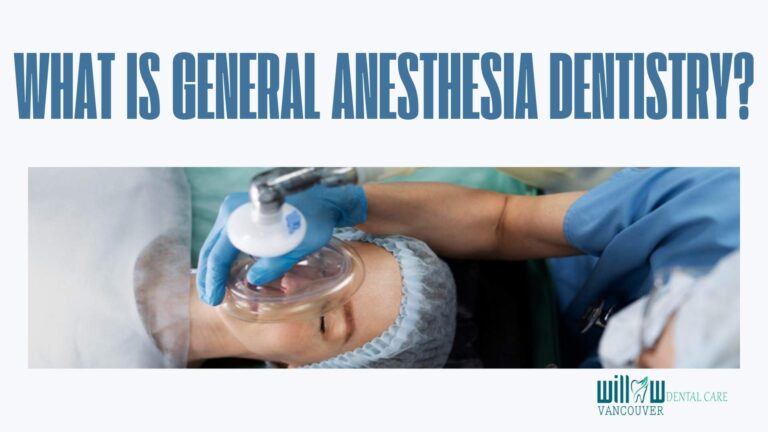If the thought of going to the dentist makes your heart race or your palms sweat, you’re far from alone. Many people feel anxious about dental visits, and for some, that anxiety is enough to delay or even avoid needed care. Thankfully, sedation dentistry offers a safe and effective solution—and one of the most reliable methods is IV sedation.
At Willow Dental Care Vancouver, we believe that comfort is key to a good dental experience. That’s why we offer IV sedation as part of our comprehensive approach to patient care, helping nervous or sensitive patients feel relaxed and in control.
What Is IV Sedation in Dentistry?
IV sedation (intravenous sedation) involves administering sedative drugs directly into a vein, typically in the arm or hand. This allows the sedative to take effect quickly and lets your dentist adjust the level of sedation in real time.
You’ll remain conscious but deeply relaxed—often feeling like you’re in a dreamlike state. Most patients don’t feel discomfort during the procedure and may remember little to nothing afterward.
Which Drugs Are Commonly Used for IV Sedation?
Here’s a simple breakdown of the most commonly used medications in IV sedation dentistry:
1. Midazolam
- What it is: A short-acting benzodiazepine (anti-anxiety drug).
- What it does: Induces relaxation, reduces anxiety, and causes mild amnesia (so you won’t remember much of the procedure).
- Why it’s used: It’s fast-acting, predictable, and very safe when administered by trained professionals.
2. Fentanyl (sometimes combined with Midazolam)
- What it is: A powerful opioid pain reliever.
- What it does: Provides strong pain control during more involved procedures.
- Why it’s used: When paired with Midazolam, it ensures a comfortable and pain-free experience.
3. Propofol (in select cases)
- What it is: A sedative-hypnotic drug used in deeper levels of sedation.
- What it does: Induces a sleep-like state.
- Why it’s used: It’s ideal for longer or more complex treatments, but typically administered only in hospital or surgical settings due to its depth of sedation.
4. Ketamine (less common)
- What it is: A dissociative anesthetic.
- What it does: Blocks pain and creates a sense of detachment from the environment.
- Why it’s used: Occasionally for patients with special needs or for children, depending on the case.
Each of these drugs has been extensively studied and is used based on your specific medical history, anxiety level, and the dental procedure involved.
Is IV Sedation Safe?
Yes—IV sedation is considered very safe when administered by trained dental professionals. Your vital signs are monitored throughout the procedure, and the dosage can be adjusted in real time. Patients are thoroughly screened beforehand to ensure they’re good candidates, and safety protocols are in place from start to finish.
Who Might Benefit from IV Sedation?
You might be a good candidate for IV sedation if:
- You experience moderate to severe dental anxiety.
- You have a low pain threshold.
- You have a strong gag reflex.
- You need multiple or complex procedures in one visit.
- You have trouble sitting still for long periods.
Before any sedation, your dentist will discuss your medical history and explain your options to ensure the safest and most comfortable plan.
What Happens After IV Sedation?
Because the effects can linger for a few hours, you’ll need someone to drive you home and stay with you while the sedative fully wears off. You might feel a little groggy, but many patients are pleasantly surprised by how smooth the experience is—and how little they remember.
IV sedation can transform your dental experience from something stressful to something manageable—even calm. If you’ve been putting off dental care because of anxiety, IV sedation might be the key to getting the treatment you need without the worry.
Learn more about sedation dentistry at Willow Dental Care Vancouver and speak with our team about whether IV sedation is right for you. We’re here to make your dental visits as relaxing as they are effective.
Frequently Asked Questions
1. What is IV sedation in dentistry?
IV sedation is a method of administering sedative medication directly into a vein to help patients feel relaxed and comfortable during dental procedures. It works quickly and can be adjusted throughout the appointment.
2. What drugs are commonly used for IV sedation?
The most commonly used drugs include Midazolam (a sedative), Fentanyl (a pain reliever), and Propofol (an anesthetic). The specific drug used depends on the procedure and the patient’s needs.
3. Will I be asleep during IV sedation?
Not completely. IV sedation typically puts you in a deeply relaxed state, but you remain conscious and able to respond. Most patients have little to no memory of the procedure afterward.
4. Is IV sedation safe?
Yes, IV sedation is very safe when administered by trained professionals. Your vital signs are closely monitored throughout the procedure to ensure safety and comfort.
5. How quickly does IV sedation take effect?
It usually starts working within a few minutes since the medication is delivered directly into the bloodstream. You’ll begin to feel calm and drowsy very quickly.
6. Who is a good candidate for IV sedation?
IV sedation is ideal for patients with dental anxiety, a low pain threshold, a strong gag reflex, or those needing multiple or complex procedures in one visit.
7. How should I prepare for IV sedation?
You’ll need to avoid eating or drinking for several hours before your appointment. You’ll also need someone to drive you home and stay with you afterward, as you may feel groggy for a few hours.
8. How long does it take to recover from IV sedation?
Most patients start to feel more alert within a few hours, but full recovery may take the rest of the day. You should plan to rest and avoid driving or making important decisions during that time.
9. Can I request IV sedation for any dental procedure?
Not all procedures require IV sedation, but you can certainly discuss it with your dentist if you feel anxious or have special needs. They’ll help you decide if it’s appropriate.
10. Is IV sedation covered by insurance?
Coverage varies by insurance plan. Some providers cover it when deemed medically necessary (e.g., for complex procedures or severe anxiety). It’s best to check with your insurance or dental office in advance.



